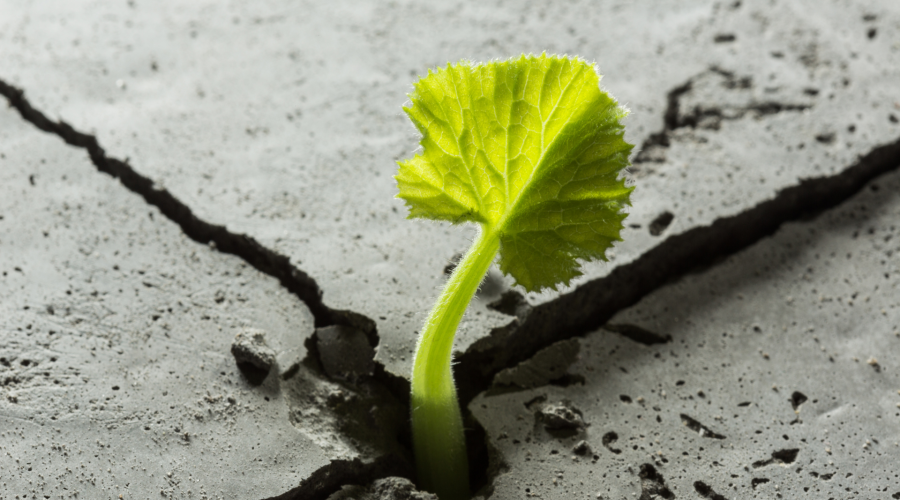“A good half of the art of living is resilience” Alain de Botton
Change is Challenging!
Change is inevitable. As much as we would like things to work out as we have planned, things don’t always work out as we have planned! Having resilience implies that during these times, change does not overcome us, it only strengthens our resolve.
What is Resilience?
So, what exactly is resilience? Experts agree that resilience is one of the most needed skills for leaders in the 21st Century. But what exactly is it? Much hype exists around the word and a lot of misunderstanding about it too. According to the Oxford dictionary resilience is “the ability of people or things to recover quickly after something unpleasant, such as shock or injury” Why is it important that we recover quickly? Certain change events have the potential to stop us in our tracks. People who have lost a job or even a valued relationship can feel they are a victim of the chain of events that unfold as a result. Change has the potential to threaten our very existence. The biggest change that we have all had to endure, has been the change that Covid-19 has unleashed on the world.
The Right Time for Resilience
Undoubtedly, there has never been a better time to strengthen our resilience. Families have been torn apart by the devastation of the loss of a loved one, organizations have been left reeling at the financial loss it has caused, and individuals have had to face an uncertain future due to the sudden loss of income. But the biggest challenge of all, has been the navigation of our own thoughts and mindsets during this challenging time. Uncertainty always creates fear, but uncertainty on a global scale is a state of fear that is new to most of us. So, what is the answer?
Resilience Starts with Us
I believe that being intentional about aiming to be resilient can help. What does this mean? Resilience starts with us, it is about our own thinking and our own actions. We cannot look to our governments, schools or organisations to make us resilient, we need to first understand the elements of resilience and work to develop the skill within ourselves. If we are more resilient as individuals, we can help others to navigate the waters of change more effectively and so, strengthen our communities.
The 8 Resilience Traits
In my experience in corporate coaching and leadership development, I have noted 8 traits that make us stronger in the competency of resilience:
Four of these are intrinsic (internal):
- Acceptance – accepting the status quo is the first positive move after a traumatic or stressful event. We cannot move ahead until we accept the status quo.
- Positive Self Talk – the way we talk to ourselves is very closely linked to our self-regard or self-perception, which in turn affects our overall positivity.
- Determination (also known as grit) – our tendency to not give up and forge ahead despite difficult circumstances is what separates the successful from the lost.
- Decision Making – our ability to make decisions quickly and effortlessly is crucial to our ability to adapt and be resilient to change and adversity.
And four are extrinsic (external):
- Goal Setting – if we are focusing on setting goals for our future, we are not dwelling on the past. This helps us to move past painful changes.
- Self-Care – Our ability to care for ourselves, ensures that we have the mental, physical and spiritual fitness to endure hardships.
- Gratitude – Much has been said about the power of gratitude. Being grateful for what is good in our lives, prevents us from dwelling on the not so good.
- Social Connection – our ability to connect with others is the foundation for great interpersonal relationships which can be an inspiring source of support during difficult times.
I will be examining these 8 traits more closely over the next few weeks during my blog posts. Look out for tips on how you can develop these traits and crack the code for resilience. Watch this space!


